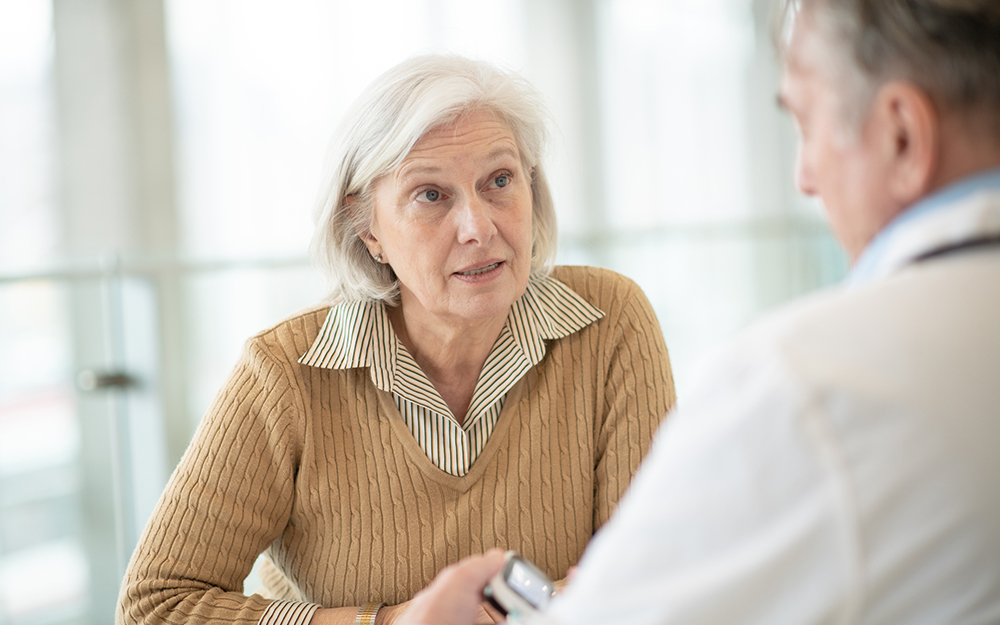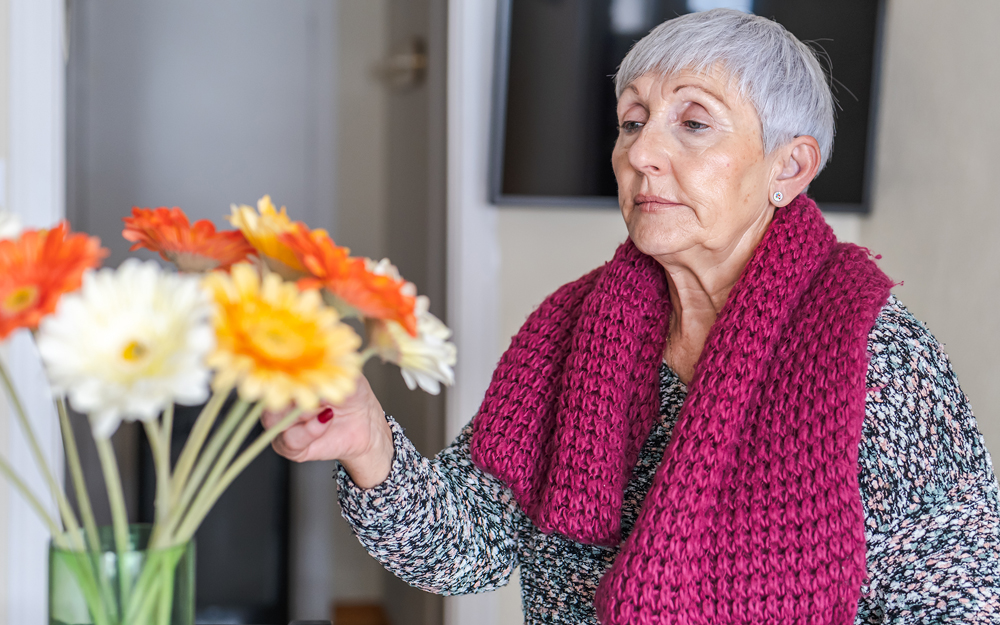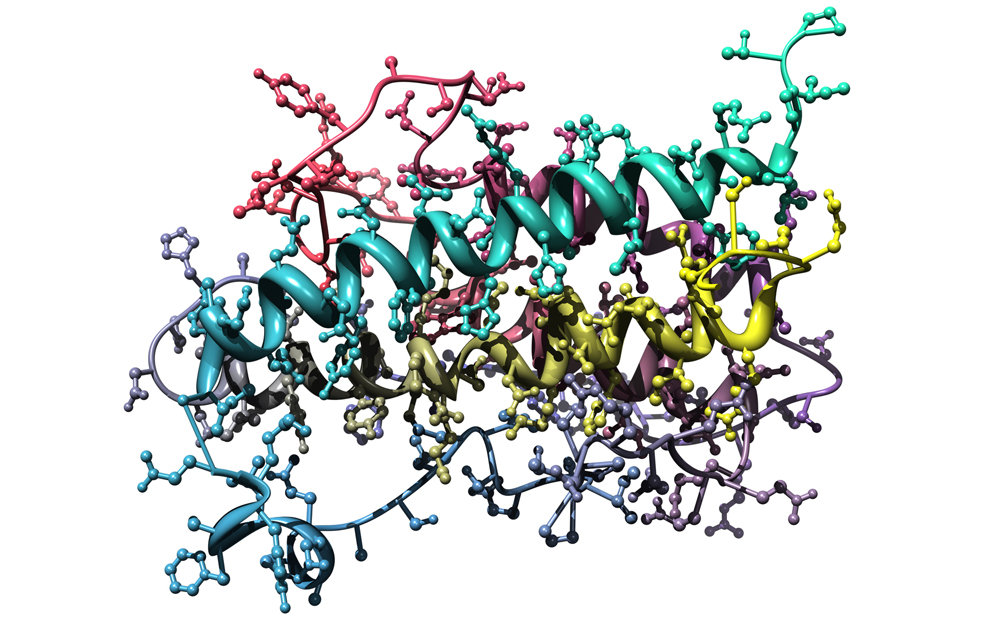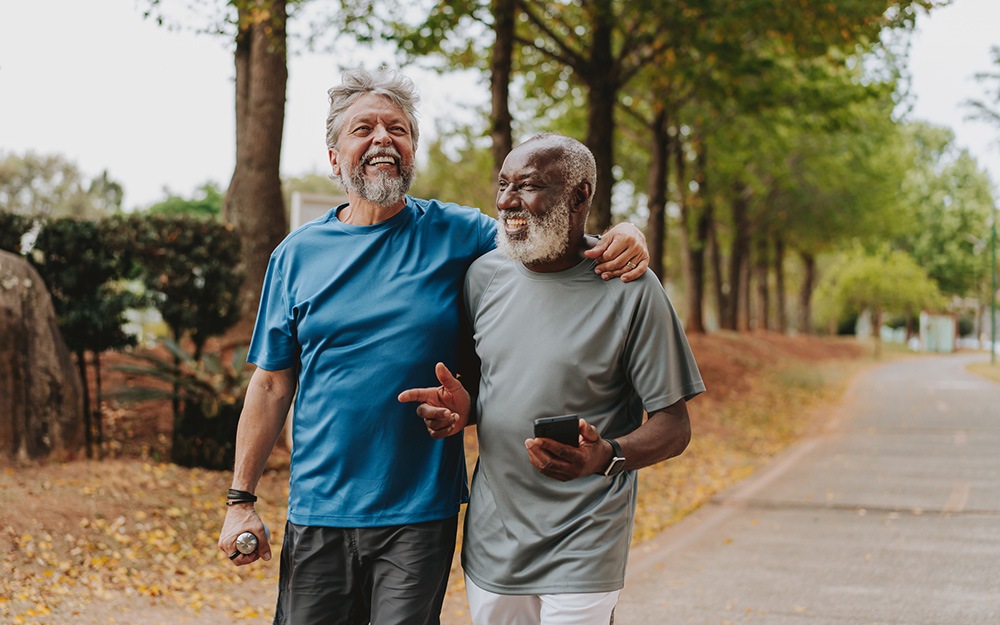5 Things to Know About Senior Health
Date
February 11, 2022
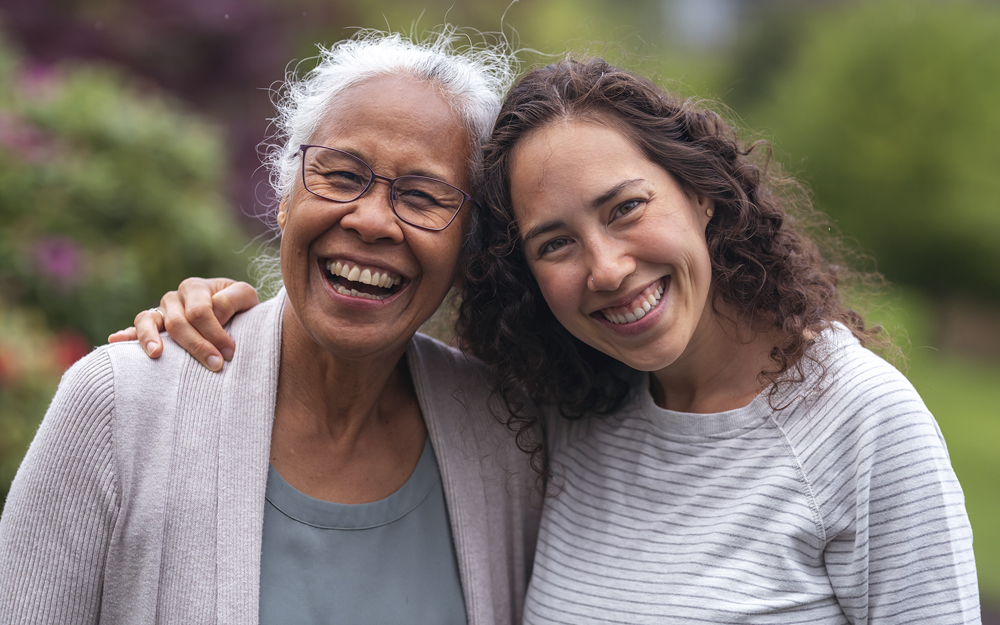
Date
February 11, 2022
Credits
Medical providers featured in this article
In Brief
{{cta-block}}

After a certain age, it might feel like you have a different body than when you were young.
That's true on a physiological level: Your body changes over time, affecting how it reacts to disease, medications and movement. Caring for it requires adapting to these new realities, says Cedars-Sinai geriatrician Dr. Geetha Rao.
More than 54 million Americans are 65 or older, a number expected to balloon to 94.7 million by 2060, according to the Administration on Aging. Cedars-Sinai geriatricians explain considerations for senior health and why adjusting your idea of what's safe is essential.
Diseases often present differently in seniors
This can make it harder and more time consuming to diagnose illness in the elderly.
Falls, for example, can signal many other problems. An elderly patient with a urinary tract infection could present only with a fall or confusion, while a younger patient typically would experience pain on urination, fever and urinary symptoms. Pneumonia also can cause confusion, extreme fatigue, lethargy and frequent falls in seniors, rather than the usual cough and shortness of breath that younger patients experience.
Fevers are also less common in the elderly. Over time, the body's immune system weakens, and basal temperature decreases, which can inhibit a person's ability to mount a true fever when faced with infection, notes Dr. Sonja Rosen, chief of Geriatrics at Cedars-Sinai.
Dr. Rao sees atypical presentation frequently. It's more likely in patients 85 and older and those with multiple health conditions or on multiple medications, as well as patients with prior cognitive or functional problems such as dementia.
"All of these changes happen that make us more vulnerable to different diseases," Dr. Rao says. "When a disease does occur, often the system that's most vulnerable is where a senior will present with symptoms."
"When a disease does occur, often the system that's most vulnerable is where a senior will present with symptoms."
Aging alters drug safety
Decreased muscle mass and protein levels in older adults can lead to changes in drug-protein binding, which can alter the amount of active drug.
Kidneys and livers also become less productive in older age, slowing their process of clearing out medications. That allows drugs to build up in the body and cause more side effects, Dr. Rao notes.
Further, some medications cross the blood-brain barrier, and this can impact memory and cognition as we age.
Geriatricians caution against several classes of potentially harmful medications in seniors, including:
- Benzodiazepines such as Ativan, Restoril and Xanax
- Sleep medications, including Ambien and Lunesta
- Opioids such as hydrocodone or fentanyl
- First-generation antipsychotics such as Haldol or chlorpromazine
- Tricyclic antidepressants such as amitriptyline or nortriptyline
These are considered risky due to a high amount of side effects in elderly patients, including confusion, sedation and falls. Antipsychotic medications also can cause muscle rigidity and involuntary movements.
These are considered risky due to a high amount of side effects in elderly patients, including confusion, sedation and falls. Antipsychotic medications also can cause muscle rigidity and involuntary movements.
"It's not an absolute reason for not using these medications, but it means consideration has to be taken as to whether they are safe," Dr. Rao says.
Keep in mind that treatments usually have only been studied in young, healthy patients, so efficacy and side effect profiles don't always apply to the elderly, she adds.
Exercise is crucial
Moving your body can guard against a range of conditions, from heart disease—the leading cause of death in seniors—and stroke to depression, loneliness and dementia.
Any amount helps, Dr. Rao says, but the Department of Health and Human Services suggests at least 150 minutes per week of moderate-intensity aerobic exercise for older adults. If chronic illness makes that too difficult, seniors should still try to be as active as possible within their limitations.
She encourages her patients to walk for 30 minutes a day or take up swimming—which is often easier on joints—or tai chi or yoga. These practices build balance, which has been shown to prevent falls and fall-related injury, accidents affecting more than 25% of seniors each year. Yoga also helps minimize anxiety, back curvature and pain.
Older adults should check with a doctor before starting any exercise program, she cautions.
Health goals vary in elderly patients
Cedars-Sinai's Age-Friendly Health System designation prioritizes mobility, medication, mentation (cognitive and mental health) and what matters most (a patient's own health and care goals).
While it might look different at different ages, focusing on a patient's care goals is key throughout the patient’s lifetime. When their health starts to diminish and as they near the end of life, each patient needs to weigh all their health factors and map out their wishes for this new phase, whether that means continuing with aggressive treatment or focusing on quality of life.
"It's a shared decision-making process between doctors, patients and their families," Dr. Rao says. "It's not one-size-fits-all."
But it should include answers to difficult questions about intubation and ventilating machines, artificial nutrition, code status (the type of resuscitation you want if your heart or breathing stops) and powers of attorney—whom you want to make those calls when you aren't capable. Ideally, this would be a loved one, such as a child or spouse, who knows you and your wishes and values well, Dr. Rao stresses.
"The worst time to decide is when you're in an emergency situation," she cautions. "It's really useful to have those done beforehand, so doctors know what you want."
